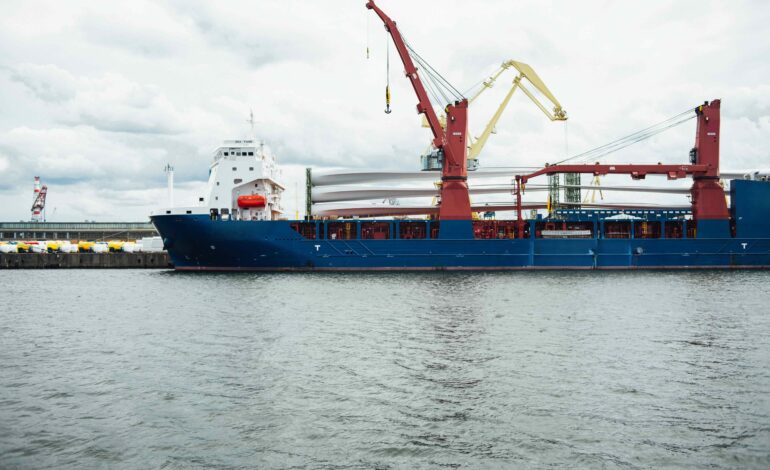
Cost-Benefit Analysis of Hybrid Bunker Fuel Solutions
As the maritime industry shifts towards greener practices, hybrid bunker fuel solutions have emerged as a viable option for enhancing fuel efficiency and reducing emissions. These systems blend traditional marine fuels with alternative energy sources, such as electricity, offering a pathway to more sustainable shipping. This cost-benefit analysis explores the economic feasibility and environmental advantages of hybrid bunker fuel solutions.
Cost Analysis
- Initial Investment:
- Substantial Upfront Costs: Implementing hybrid systems requires a significant initial investment. This includes expenses for advanced engines, battery storage systems, and integrating alternative fuel technologies into the existing infrastructure.
- Retrofitting Costs: Updating existing ships to accommodate hybrid systems can be costly, often necessitating major modifications and operational downtime.
- Operational Costs:
- Fuel Savings: Hybrid systems can achieve notable fuel savings by optimizing the use of conventional fuels and incorporating alternative energy sources like electricity, thus lowering overall fuel consumption.
- Maintenance Requirements: Although hybrid systems can reduce fuel costs, they may involve higher maintenance costs due to the complexity of managing multiple energy sources and advanced technologies.
- Energy Storage Expenses:
- Battery Costs: Batteries, an essential component of hybrid systems, can be expensive. However, ongoing advancements in battery technology and economies of scale are expected to decrease these costs over time.
Benefit Analysis
- Environmental Advantages:
- Reduced Emissions: Hybrid systems significantly cut greenhouse gas emissions and other pollutants by optimizing fuel usage and incorporating cleaner energy sources. This aligns with global environmental regulations and sustainability goals.
- Regulatory Compliance: Hybrid solutions assist shipowners in complying with stringent international maritime emissions regulations, helping to avoid potential fines and penalties.
- Operational Efficiency:
- Enhanced Fuel Efficiency: By utilizing multiple energy sources, hybrid systems improve fuel efficiency and reduce dependence on traditional bunker fuels.
- Operational Flexibility: Hybrid systems offer greater flexibility, enabling ships to switch between fuel sources based on availability and cost, thus improving reliability and reducing the risk of fuel shortages.
- Economic Incentives:
- Government Subsidies and Incentives: Governments and international bodies often provide financial incentives, subsidies, and grants to support the adoption of hybrid and alternative fuel technologies, mitigating some initial investment costs.
- Long-term Financial Benefits: Despite the high upfront costs, long-term fuel savings and potential reductions in maintenance expenses can make hybrid systems economically viable over the lifespan of a vessel.
Balancing Costs and Benefits
The cost-benefit analysis of hybrid bunker fuel solutions indicates that while the initial investment and maintenance costs are considerable, the long-term benefits—such as fuel savings, emission reductions, and regulatory compliance—can outweigh these expenses. Furthermore, financial incentives and anticipated reductions in battery costs enhance the economic viability of hybrid systems.
Conclusion
The adoption of hybrid bunker fuel solutions presents both challenges and opportunities for the maritime industry. Although the initial and maintenance costs are high, significant long-term benefits, including fuel savings, environmental compliance, and operational efficiency, can offset these expenses. As technology continues to advance and regulatory pressures mount, hybrid systems are likely to become increasingly attractive for shipowners looking to balance economic and environmental goals. Ongoing investment in research and development, coupled with supportive policies and incentives, will be essential in accelerating the transition to hybrid bunker fuel solutions.





